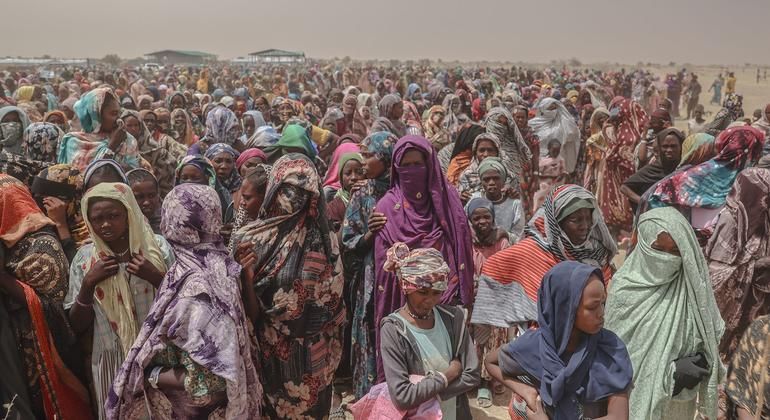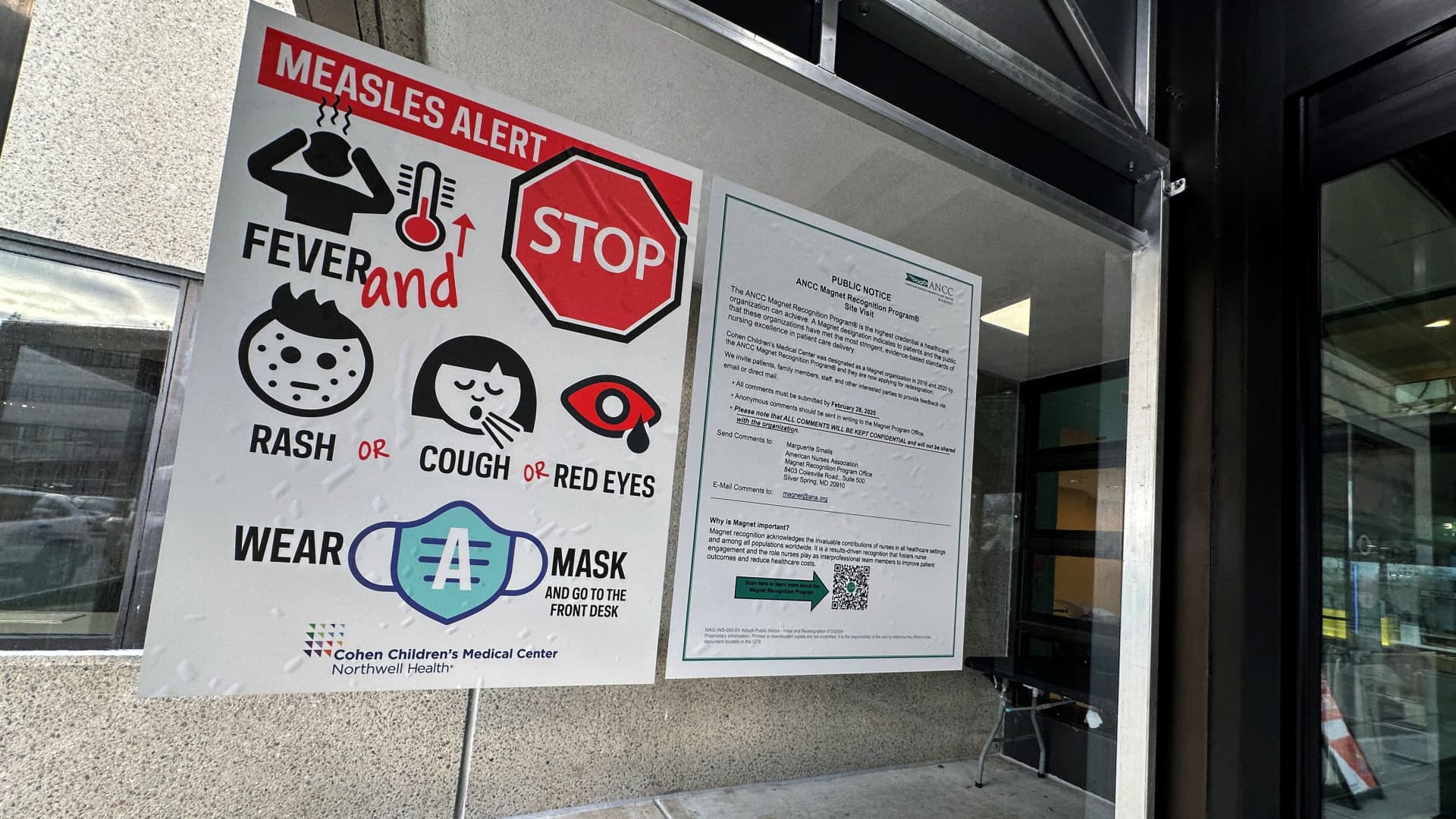“Continuous conflict and displacement, in addition to fragile health infrastructure and limited access to affected populations, represent a risk of transmission of mass diseases,” said the UN Health Agency in a report issued on Tuesday, urging immediate support to maintain surveillance, reinforce the response to the outbreak and preserve the health services of life.
Since the Civil War broke out in April 2023, 14.5 million people have been displaced (10.5 million internal people and four million for neighboring countries such as Egypt, South Sudan, Chad, Ethiopia, Libya and the center of Central Africa, which makes this the largest displacement crisis in the world.
Within Sudan, the conflict has devastated the infrastructure and has triggered the decomposition of essential services and infrastructure, feeding the propagation of cholera, measles and other communicable diseases.
In the Tuesday's press information session in New York, the UN spokesman Stéphane Dujarric reported that with the fight and bombardment intensify throughout the country “the outbreak of anger in the state of Jartoum is worsening at an alarming pace”, with cases that increase by 80 percent in the last two weeks.
Mr. Dujarric asked “augmented, flexible and timely funds to expand the humanitarian response, as well as access without obstacles through all the necessary routes, so that help workers can reach people in need wherever they are.”
Disease and displacement
The impact extends far beyond the borders of Sudan. As of May 7, Egypt has received 1.5 million Sudanese refugees during the two years of struggle.
The country has expanded health coverage, but the Sudanese face higher costs under the universal health insurance system. Who Egypt is working with national authorities to strengthen health services and reach the most vulnerable.
However, as Sudanese refugees arrive at overpopulated refugee fields throughout the region, the situation is much more bleak.
Chad. The rapid influx of Sudanese refugees leaves thousands in desperate need
In Chad, where more than 726,000 have arrived in four eastern provinces affected by the crisis already overwhelmed with other refugees, health needs are urgent.
Refugees face outbreaks of malaria, measles, hepatitis E and severe acute malnutrition. There have been 657,135 cases of malaria alone and 314 deaths throughout the country this year.
South Sudan has received more than 1.5 million people, including 352,000 Sudanese. But conflicts and attacks on health centers in the host country have severely hinder response efforts and exacerbated disease.
Hunger and anger are especially worrisome, with 7.7 million people who face severe food insecurity and more than 54,800 cases of cholera and 1,000 deaths since the end of September.
Ongoing that supports
Despite the growing financing crisis and severe operational challenges, WHO and its partners continue to provide support.
These include support for 136 nutritional stabilization centers, supply of medical supplies and consultations, cholera treatment sites and efforts to rebuild damaged health infrastructure.
The agency has requested sustained support to avoid the worsening of what is already one of the most serious public and humanitarian emergencies in the world.












